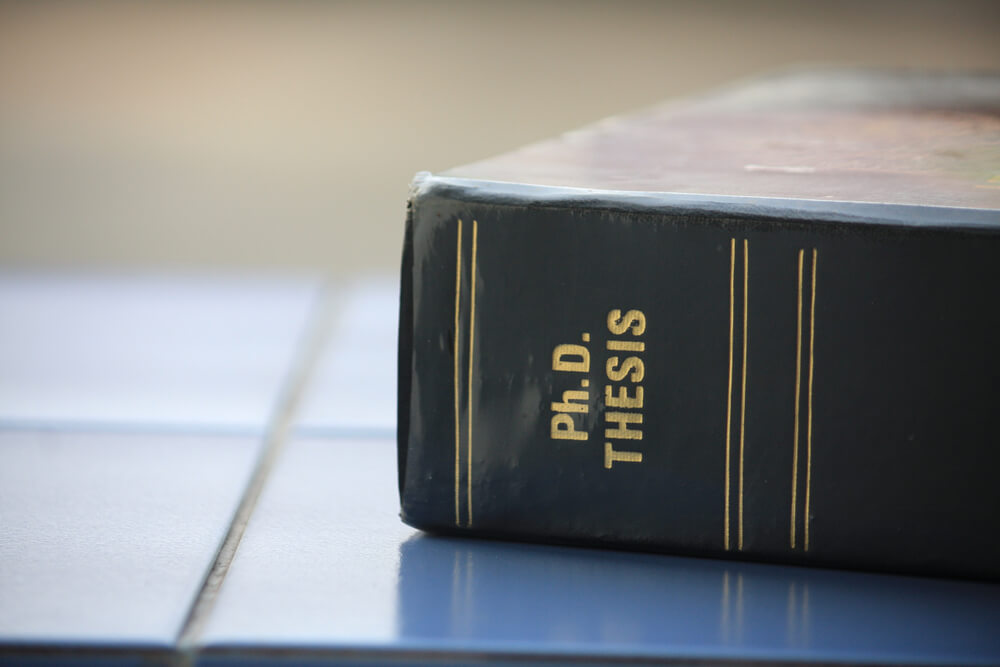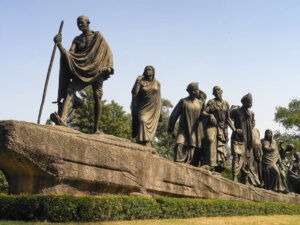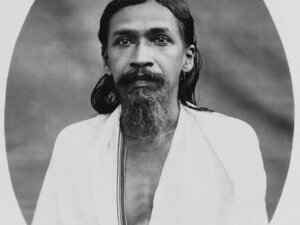Description
To fully appreciate the teachings of Śri Krishna in Śrīmad Bhagavad-Gītā, it’s individual verses need to be viewed from the perspective of the whole teaching. In this course, this vision is presented through ten essential verses of the Gītā, which forms the structural framework of the vision of the Gītā. Discussing verses individually and out of context without understanding the complete vision of the Gītā leads to philosophical inconsistencies and contradictions. The vision seen in its entirety helps in reconciling various fragmentary and often contradictory perspectives on the Gītā. The Hindu world-view is based on the Gītā with its emphasis on dharma and the sustainability of society as a whole coexisting unit. This course will juxtapose contemporary ideologies and their focus on the rights and privileges, competition and survival of the fittest with the teachings of the Gītā.





















